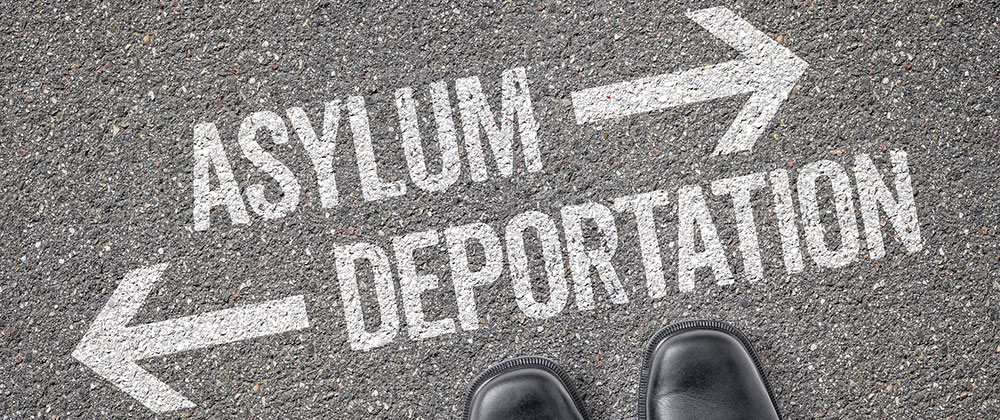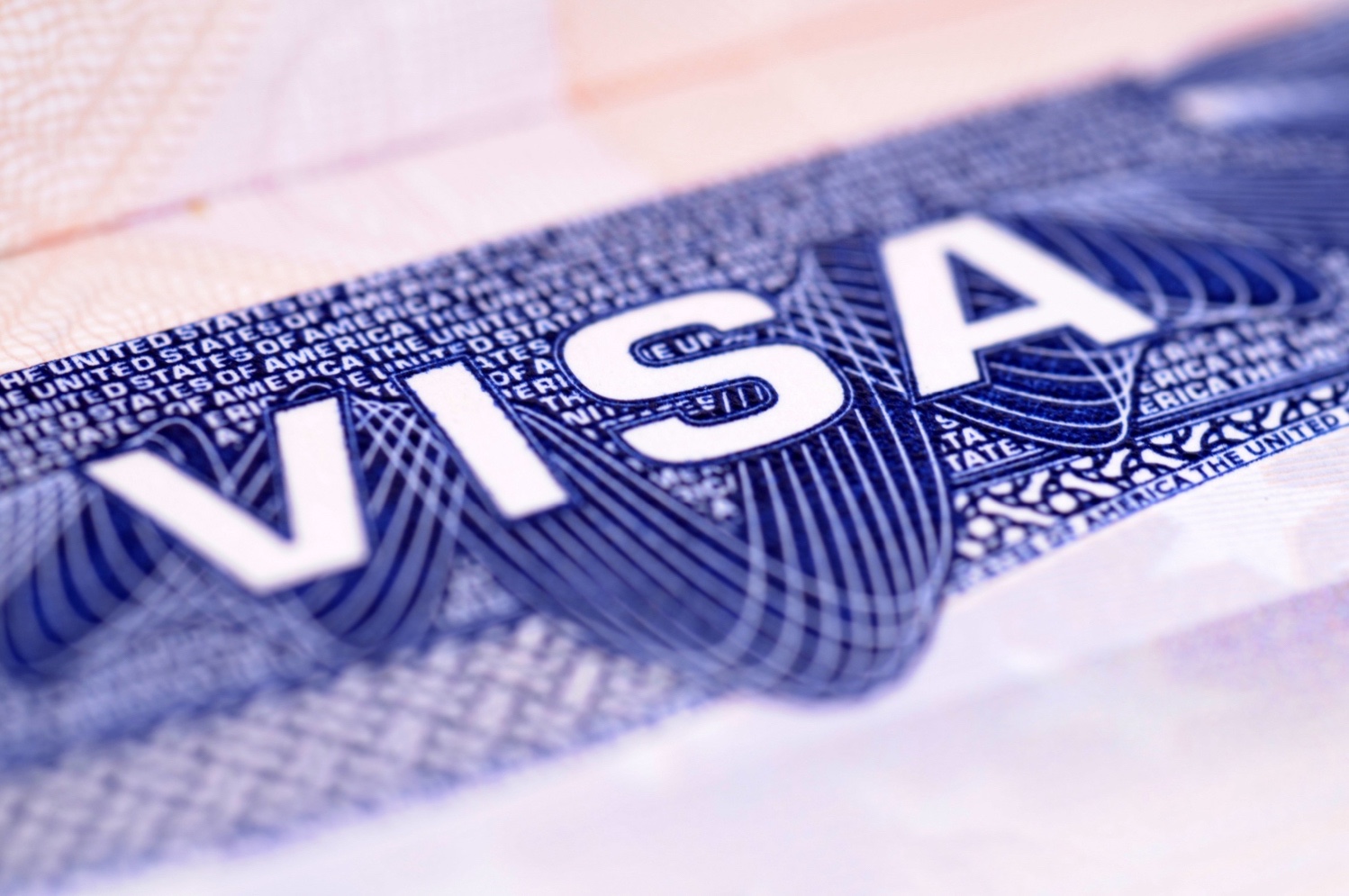If born abroad, a child may acquire U.S. citizenship at birth through a U.S. parent if the parent resided in the U.S. for a certain period prior to the child’s birth. Also if the parent had been naturalized, the time before and after naturalization would be adjudged as part of the necessary time period of residence for the parent to be able to help the child. The necessary time spent in the U.S. must be actual, not attributed, unless the parent was prevented from entering the U.S. because of a mistake of law by an agency of the U.S.
Under the Child Citizenship Act of 2000 a child derives citizenship at birth though born abroad if the child applies for a passport or certificate of citizenship while still under the age of 18 and the child has been admitted as a permanent resident. If one of the child’s parents is a U.S. citizen and resides in the U.S. the child must be in the custody of this parent. This right to citizenship includes adopted children.
RESIDING IN THE U.S.
On or after February 27, 2001 apart from being a permanent resident the child must be living in the U.S. If the child had permanent residence before February 27, 2001, but was not living in the U.S. on February 27, 2001, still if the child returned to the U.S. before the age of 18 as a resident, the child would be entitled to citizenship.
LEGAL CUSTODY
A U.S. citizen parent is presumed to have custody when the child resides with both parents if they are married and live together. If the child resides with a surviving parent, the other parent having died, then the surviving parent will be presumed to have custody. If the parents are legally separated or divorced, the Order of the Court granting one parent custody of the child will be decisive of the issue of custody unless the Judge has granted joint custody, in which case both parents would be presumed to have custody.
A child with an unwed mother who is not a citizen and has not been legitimated, still may acquire U.S. citizenship when the mother is naturalized.
FORMER LAW
Before February 27, 2001, a child born abroad would derive U.S. citizenship when one parent was naturalized while the child was under 18 and the child resided in the U.S. and was a permanent resident or began to live in the U.S. before the age of 18 and was under the custody of the naturalized citizen.
The former law held that either the naturalization of both parents or the naturalization of a surviving parent, if the other parent had died or the naturalization of a parent who was granted legal custody of the child under the age of 18 or the naturalization of an unwed mother where the child’s father had not legitimated the child, would be entitled to U.S. citizenship.
CERTIFICATE OF CITIZENSHIP AND A U.S. PASSPORT
For a Certificate of Citizenship the child must submit a birth certificate; the marriage certificate of the parents, if applicable, proof of termination of previous marriages; U.S. citizenship of child’s parents; legitimization according to the laws of the child’s or father’s residence if the mother was unwed; proof of legal custody in case of divorce or legal separation or adoption; copy of permanent residence of child by the card or a stamp in the passport; if adopted, the adoption decree and any legal name change.
U.S. PASSPORT
A derivative child may apply directly for a U.S. passport with the documents mentioned above without a certificate of citizenship.
Our assistance is only a phone call, or e-mail communication away!



